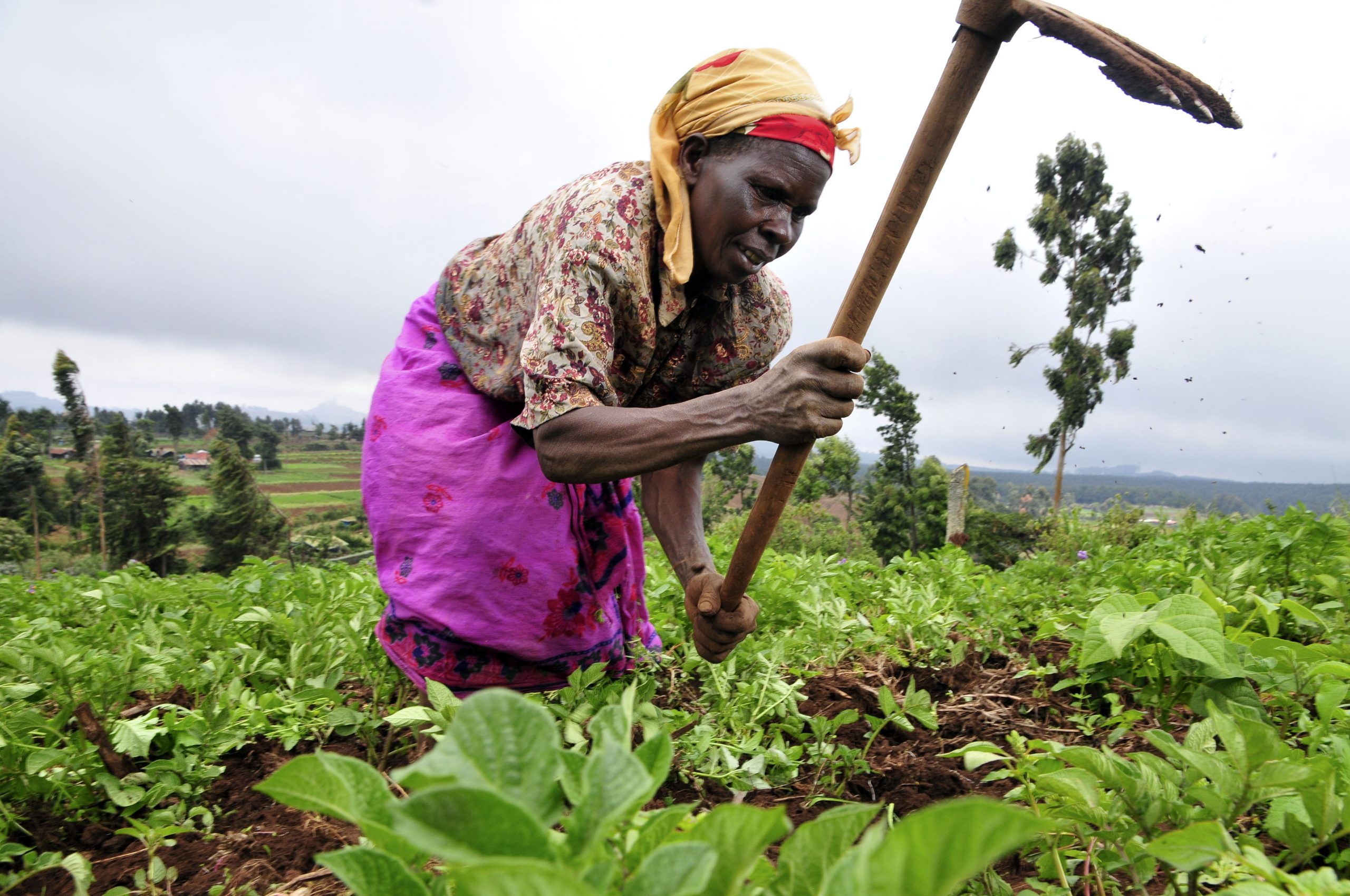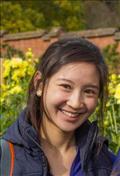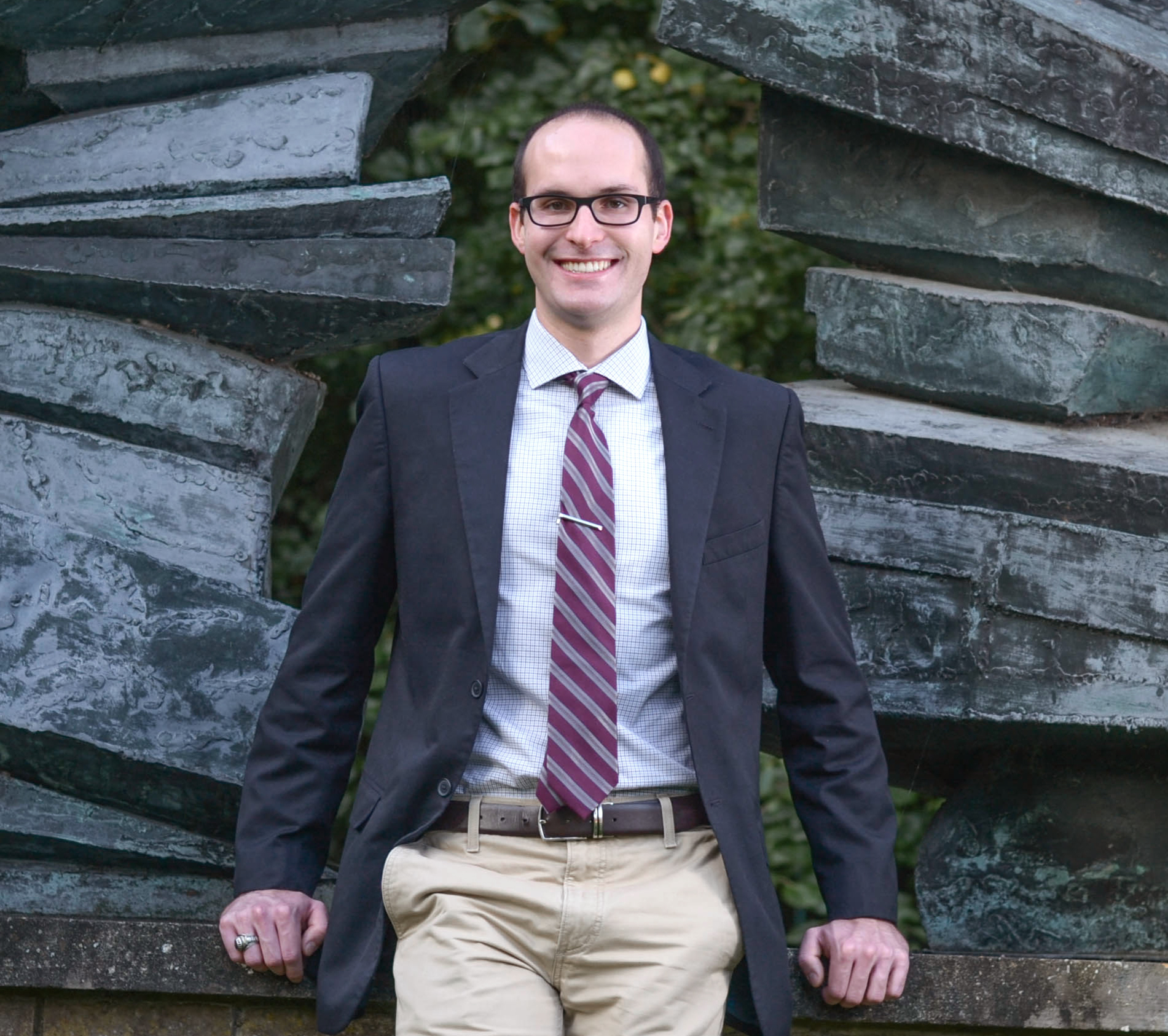
Start-up Farming Data wins GROW agri-tech business plan competition
A start-up company which helps sub-Saharan farmers to sell their goods has won a major prize.
Farming Data, which was set up by three PhD students, including two Gates Cambridge Scholars, won the GROW agri-tech business plan competition which includes a cash prize and access to expert support, advice and lab space.
It operates a mobile trading platform that aims to lift subsistence farmers out of poverty by allowing sub-Saharan Africa farmers communicate with potential buyers using SMS messaging on a basic mobile phone, creating a market for their produce.
The start-up was set up by Jacqui Poon (PhD Plant Sciences, 2012), Paul Bergen (PhD Pathology, 2013) and David Godding last year. Smallholder farmers, a third of whom are women, grow 80 per cent of the food produced in East Africa and the three students felt their quality of life improved if a surplus could be sold at higher prices – without too many intermediaries.
David and Jacqui have on-the-ground knowledge of food security in sub-Saharan Africa because of their research in the region and say that finding potential buyers for small amounts of perishable goods is a challenge when few farmers have bank accounts to accept payment remotely and roads are poor.
Registering on the Farming Data platform gives the producer a location and also allows potential buyers to see what is being grown in a particular area. The buyers can then place orders using the platform and farmers have the opportunity to create virtual cooperatives to fulfil these orders, as well as to review market values for these crops to ensure a fair price. A number of farmers pooling their surplus will be a more attractive proposition and reduce complexity for buyers.
Most farmers in East Africa have SMS-enabled phones and mobile money systems are widely used.
Farming Data argue that having a digital record of their income and reliability can help farmers to apply for microfinance to invest in their farms and that this is essential to lift them out of food poverty and to make access to education a possibility for their children. The platform also aims to enable financial inclusion, particularly of women.
The Farming Data team pitched successfully to the Judge Business School start-up incubator and includes computer scientists, plant pathologists and systems engineers. It also has a widely respected charity in East Africa willing to support a pilot scheme. The prize was announced this week.
It is now looking for agribusiness mentorship and guidance, as well as finance to further develop the platform and run the pilot.
The GROW agri-tech business plan competition was established by Agri-Tech East to stimulate entrepreneurship in the industry. GROW 2016/17 was supported by Innovate UK.
For further information about Farming Data click here. Twitter: @farming_data
*Picture credit of woman farmer in Kenya: Wikipedia

Jacquelyne Poon
- Alumni
- Canada
- 2012 PhD Plant Sciences
- Churchill College
With increasing global food demands, chronic hunger and coinciding crop damages, food security is an important issue that requires the attention from all corners of the world. Crop availability is constantly being challenged by multiple factors, including, but not limited to, environmental impact, pests, and pathogens. My current interest in promoting food security largely developed out of my MSc work on cassava, a staple food for Sub-Saharan Africans. As I pursue my PhD studies at Cambridge, I aim to better understand how plants could increase their resistance to pathogens, including viruses, bacteria, and fungi. Plants have defence mechanisms that counter the attacks imposed by the aforementioned pathogens. However, the exact methods employed by various plants are not entirely known up to date. Additionally, I hope to work at the interface between the scientific community and the public, by using my scientific knowledge and bridging the gap between the two communities.

Paul Bergen
- Alumni
- United States
- 2013 PhD Pathology
- Churchill College
I work as a management consultant with a focus on healthcare, mostly in life sciences. My work uses a variety of data sources to understand customer needs and improve my client's efforts toward patient centricity in the products and services they offer. I'm a passionate believer that analytics and human-centered design should inform strategy.
I also am a leader in my firm's internal think-tank, focused on tackling big topics that impact people's healthcare. We leverage a variety of data sources and market research from around to world to study topics in public health, healthcare disruption, digital transformation, and medical development.
Previous Education
Auburn University BS Microbiology/ BA German 2012












